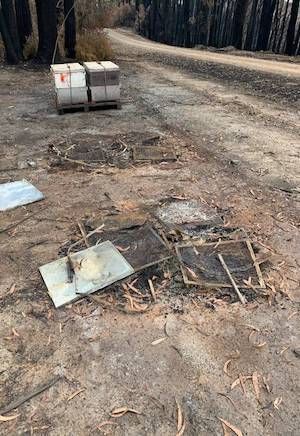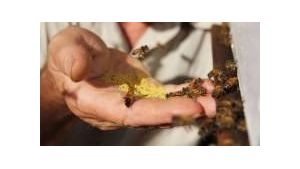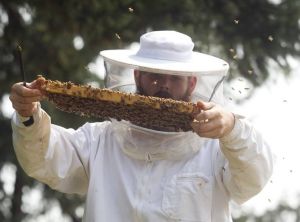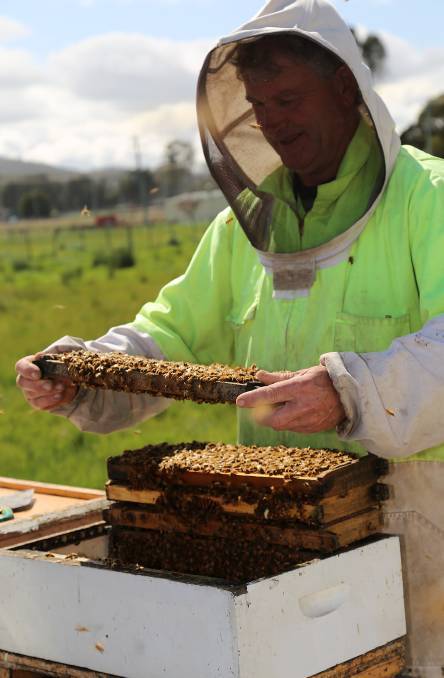A proposal to explore the commercial effectiveness of bumblebees in our State must only go ahead if the risks to honey bees can be guaranteed not to exist.
On face value, finding another species to help with pollination of crops is a worthy and potentially necessary move.
Given the bumblebees exist in Tasmania, and we are told eradication is not feasible, using them to stimulate growth in the horticultural sector seems like the best way to go.
The question has been the subject of an inquiry by the Senate, which held hearings in Hobart this week.
But the message to the senators was mixed.

Tasmanian Beekeepers Association president Lindsay Bourke spoke strongly against the idea.
He fears it will be detrimental to the honey bee in the state.
The beekeepers are worried that new genetic strains of bumblebee will be needed to make them an effective pollinator.
“Introduction of new genetics to glasshouses could lead to these bumblebees escaping and forming a feral population and this would be a new competitor in the environment for our honey bees.,” the association says in its submission.
Given the threat to bees from a variety of sources, it seems wise to be a little hesitant.
On the other hand industry groups such as Fruit Growers Tasmania are behind the plan.
They believe the bumblebee could be a more effective pollinator in the Tasmanian climate than their smaller cousins.
The group isn’t advocating a wholesale introduction of bumblebees, and acknowledges the risks to the broader environment aren’t fully understood.
But FGT is calling for an exemption in order to allow research as the first step.
Tasmanian Labor senator Anne Urquhart kicked off the inquiry, believing the benefits for Tasmania are worth exploring.
“There are enormous potential benefits for fruit growers if they can access a steady supply of bumblebees for pollination services,” Senator Urquhart said.
“Bumblebees have existed in Tasmania since the early 1990s and the evidence is that they have not had a detrimental impact on the Tasmanian environment.





